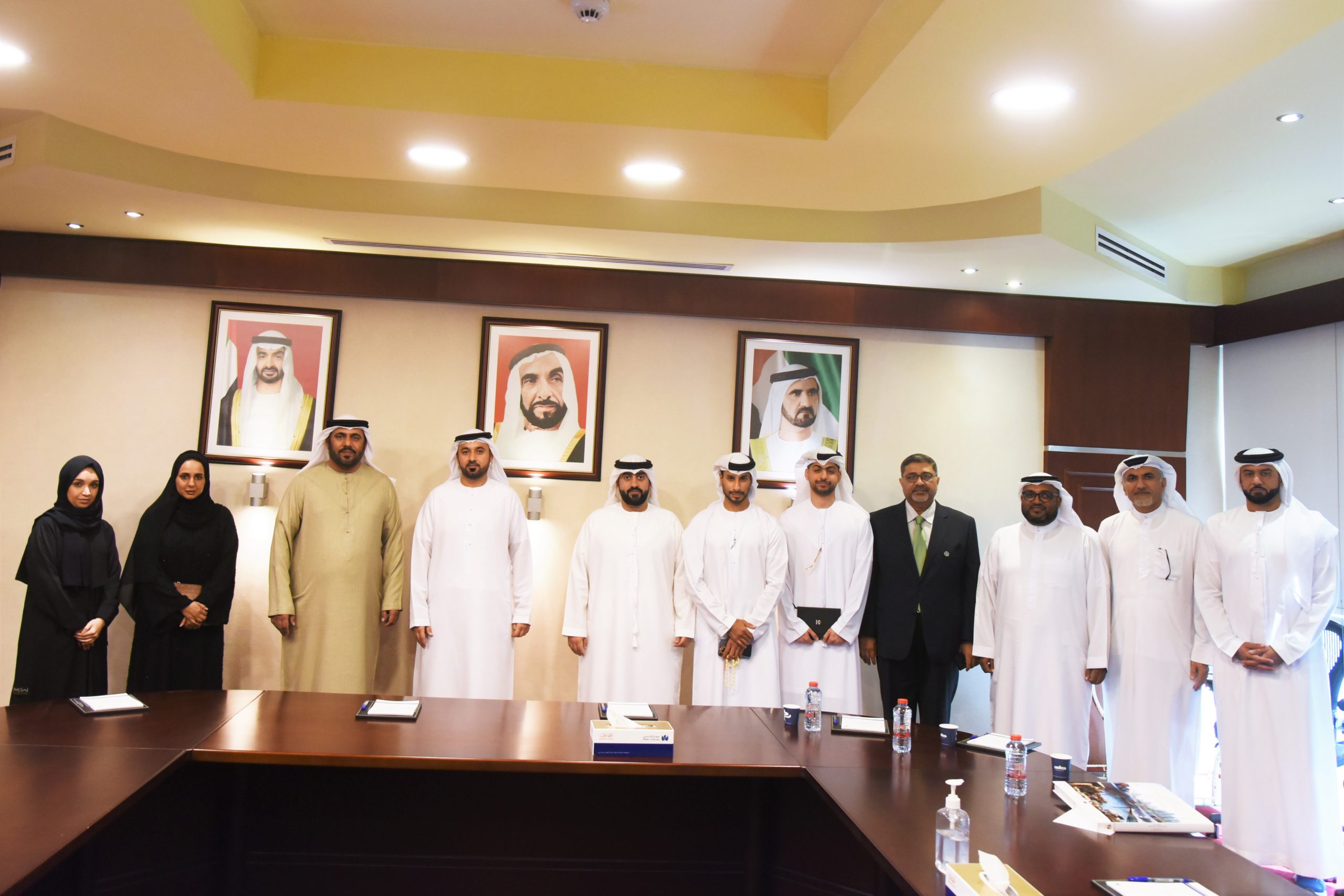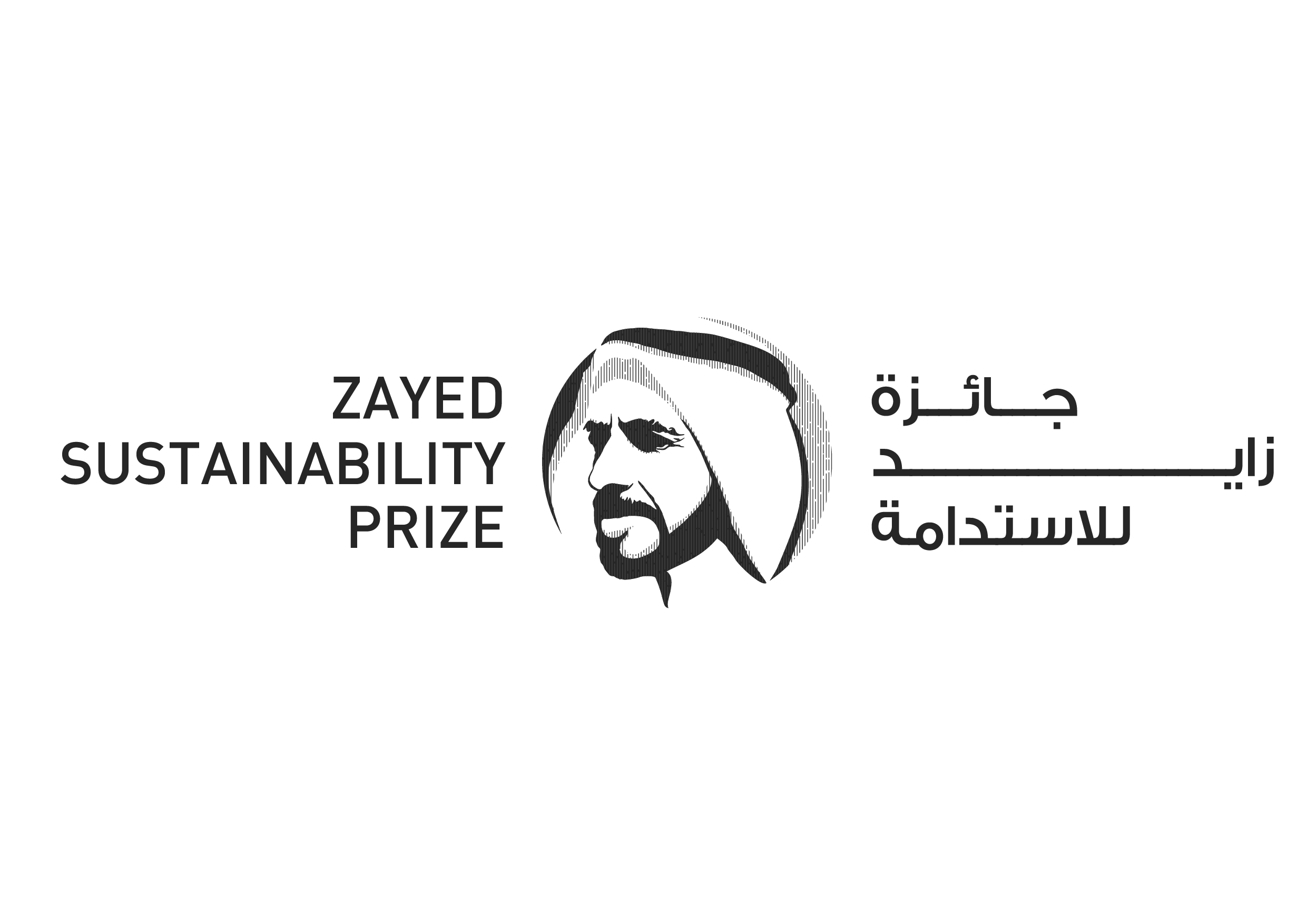Dubai Customs plays a crucial role as the frontline defense for community security, consistently advancing its customs centers to safeguard and facilitate maritime trade. H.E. Ahmed Mahboob Musabih, Director General of Dubai Customs, CEO of
Ports, Customs and Free Zone Corporation, recently visited Creek Customs Center, Deira Port, and Hamriyah Port Customs Center to evaluate progress and oversee ongoing efforts for continuous customs service development. During this visit, several executive directors, department heads, and customs center managers were present.
Ahmed Mahboob Musabih, accompanied by Rashid Al Dhabah Al Suwaidi, Acting Director of Seae Customs Centers Management, conducted inspections at Khor Customs Center, Deira Port, and Hamriyah Port Customs Center. Managers Abdulaziz Ibrahim Al Salman and Majid Salem Al Tawilah provided insights into workflow progress and accomplishments. Over the first nine months of this year, 62,454 customs declarations were processed, totaling AED 12.133 billion, with 19 seizures recorded during the same period. A visit to Hamriyah Port Customs Center showcased an advanced container X-ray inspection device, supporting increased inspection operations.
Subsequently, visits to Khor Customs Center and Deira Port highlighted achievements, including a notable seizure called the “Wheelhouse,” which successfully prevented an attempt to smuggle 243 kilograms of narcotics into the country. Commending customs employees, Ahmed Mahboob Musabih emphasized the pivotal role of maritime customs centers in ensuring community security and facilitating trade. The department collaborates for efficient goods clearance and acknowledges employee efforts
during the COVID-19 pandemic, contributing to the department’s support for global efforts to revive maritime navigation and international trade.
Musabih clarified that the department’s advanced capabilities in monitoring and inspection enable it to keep pace with the UAE’s rapid foreign trade growth. Supporting Dubai’s economic agenda D33, the department aims to double foreign trade and enhance economic partnerships with key global markets. Efforts to boost customs inspector efficiency continue through training courses, ensuring their ability to thwart smuggling attempts. Continuous development of X-ray scanning
devices and the K9 customs dog unit further enhances contraband control achievements. Rasheed Al-Dabah explained that the forthcoming period will witness the advancement of new initiatives and mechanisms in the realm of inspection and examination. These initiatives are grounded in a forward-looking perspective to introduce cutting-edge technologies utilized in examining maritime transport vessels, wooden ships, and ships engaged in fish trade.
He remarked, “Our endeavors are harmonized to enhance performance in sea customs centers, concurrently focusing on bolstering monitoring, tracking, and technical support activities to yield optimal outcomes through continuous and productive collaboration among all specialized teams within the department. The Customs centers in Deira, Al Khor, and
Hamriyah Port Customs Center shoulder their vital responsibilities in safeguarding society and facilitating maritime trade through Dubai Creek and Hamriyah Port, supporting the ongoing growth of the national economy.”

 World2 years ago
World2 years ago
 World2 years ago
World2 years ago
 Entertainment7 years ago
Entertainment7 years ago
 World7 years ago
World7 years ago
 Entertainment7 years ago
Entertainment7 years ago




